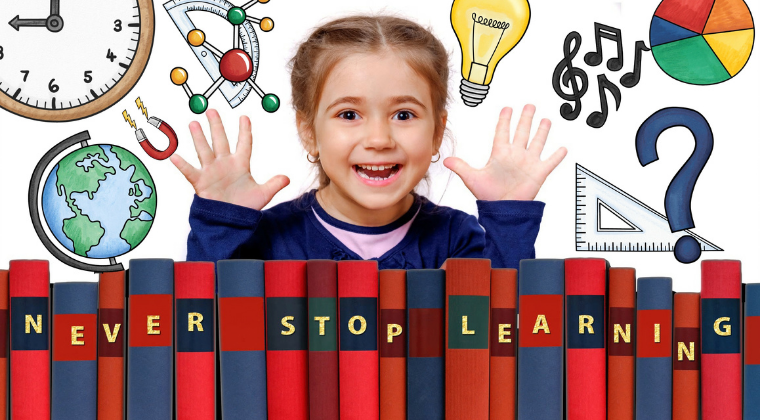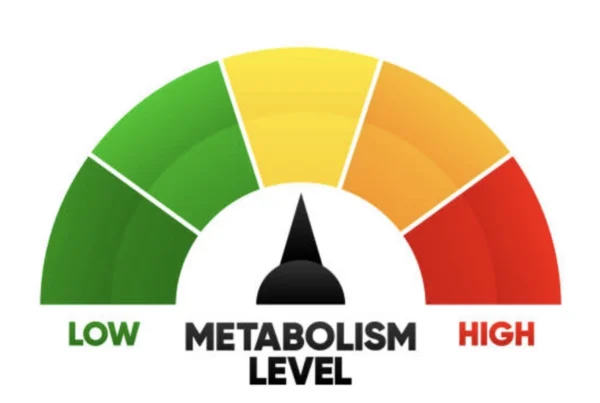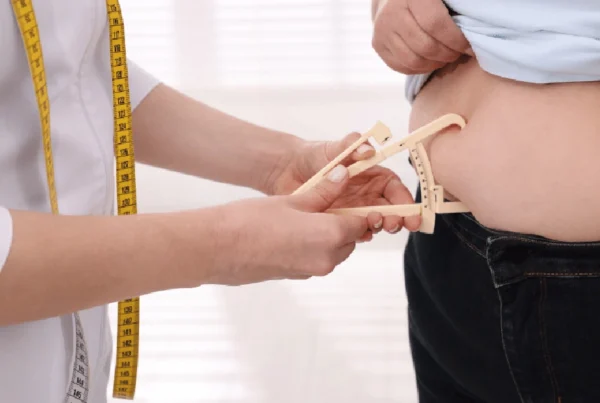Our children have gone back to school and older students have gone back to university, so maybe now is a perfect time for you to also think about what you would like to learn.
Learning is an amazing ability that humans have. It doesn’t start when you begin school, or indeed end when you leave full-time education, it is a life-long journey. And it is often the case that the more we know the more we realise we don’t know! There is no limit to the skills or knowledge you can gain by learning.
“If you are not willing to learn, no one can help you. If you are determined to learn, no one can stop you.” Zig Zigler
Learning is not just about the facts and figures that you learn in school, it’s also about improving your mind, enhancing your current skills, learning new ones and broadening your horizons to change the way you view yourself and the world around you.
In life, there is always something new to learn or discover. If you are attentive and curious to what is going on in your internal and external environment, you are likely to be learning all the time.
Learning, keeps your mind active, sharpens your focus and makes you more ‘intelligent’, all of which are good for your brain health. Until a decade or so ago, many scientists thought that while children’s brains are malleable or plastic, neuroplasticity (our brain’s ability to change and grow) stops after age 25, when the brain is fully wired and mature. Fortunately we now know that the human brain is capable of change throughout life and that although we do lose neurons as we age, the adult brain can create new neuronal connections and even new neurons born from neuronal stem cells.
It is a case of use it or lose it!
As Carl Honore wrote in ‘Bolder’: “The chief obstacle to learning in later life is not the ageing brain: it is the ageist stereotypes that erode confidence and put us off trying new things in the first place”.
In fact, the older we get, the quicker we are at picking up new tricks in fields that are familiar to us. A survey by Buck Consultants reported that older workers learnt new tasks more quickly than the younger ones.
Researchers have identified the following three habits as facilitating neuroplasticity as we age:
- Physical exercise (which increases blood flow to the brain, delivering much-needed oxygen)
- Paying attention, and…
- Learning new things
When we pay attention to what we are doing and how we are reacting to things it is possible to learn new and ever more helpful ways of responding to events. This supports our ability to self-regulate so we don’t get overwhelmed, and is especially important during this stressful ‘lockdown, no lockdown period’. One good thing of ‘lockdown’ was that for many of us our lives slowed down so we did have a chance to smell the roses, or taste the coffee. Waking up to our experience allows us to be present. It also allows the brain to be more active and flexible.
One of the best ways to pay attention is to engage in mindfulness practices, whether through a formal practice of meditation or in more informal ways. So it turns out that learning to be fully present enables us to not only to deal with anxiety and stress better, though also keeps our brain healthy and flexible – a true win win!!
“Education is what people do to you and learning is what you do for yourself” Joi Ito
Learning to play a new instrument, speak a new language or to dance are also fabulous ‘brain’ workouts. Crosswords, sudokus, puzzles and other mental activities are also great mind workouts, and as long as they continue to be challenging they help stimulate new nerve cell generation and connections.
Reading is also a great mental exercise, as well as being an enjoyable pastime and a way to learn about new things. Many successful people spend a lot of time reading to improve their knowledge, as they understand that only by continuous learning and evolution can they stay successful.
It is said that you will keep on making the same mistakes in life until you learn the lesson you need to, whether this is in your personal or professional life. So if you find yourself stuck in a Groundhog Day or holding pattern where the same things keep happening, maybe you could stop, take stock and try and work out what needs to change, learn and move on.
And although learning can sometimes be tough, if you can push through the hurdles, you may find it makes you happier in the long run.
If you would like help around any aspect of your emotional and or physical wellbeing, please contact me on 07545 227272, email [email protected] or visit www.livewellandprosper.uk
Helen Prosper







